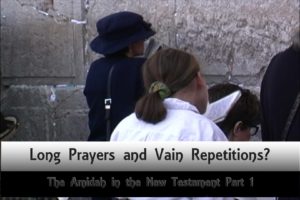 Is there any truth to the accusation that the liturgical prayers of the synagogues amount to the “vain repetitions” and long prayers” or, as other translations render it “many words” or “empty words” which we hear about in the New Testament?
Is there any truth to the accusation that the liturgical prayers of the synagogues amount to the “vain repetitions” and long prayers” or, as other translations render it “many words” or “empty words” which we hear about in the New Testament?
Mark 12:38-40 And in his teaching he said, “Beware of the scribes, who like to walk around in long robes and like greetings in the marketplaces and have the best seats in the synagogues and the places of honor at feasts, who devour widows’ houses and for a pretense make long prayers. They will receive the greater condemnation.”
Matthew 6:5-13 “And when you pray, you must not be like the hypocrites. For they love to stand and pray in the synagogues and at the street corners, that they may be seen by others. Truly, I say to you; they have received their reward. But when you pray, go into your room and shut the door and pray to your Father who is in secret. And your Father who sees in secret will reward you.
“And when you pray, do not heap up empty phrases as the Gentiles do, for they think that they will be heard for their many words. Do not be like them, for your Father knows what you need before you ask him. Pray then like this:
“Our Father in heaven,
hallowed be your name.
Your kingdom come,
your will be done,
on earth as it is in heaven.
Give us this day our daily bread,
and forgive us our debts,
as we also have forgiven our debtors.
And lead us not into temptation,
but deliver us from evil.”
These verses are often spoken in an attack against the Standing Prayers, the Amidah or Shemoneh Esrei (the Eighteen) that we still see today in Judaism. However, some translation problems and missing pieces of context are very troublesome in that regard. Have we been too quick to discount the prayers?
(1) First of all, I want to discuss the Matthew verses – especially the “do not heap up empty phrases like the Gentiles.” I chose the ESV because some other versions use the phrase “vain repetitions” instead. The word in Greek is βατταλογήσητε – meaning “to prattle” – which is itself defined as “to talk in an inconsequential way.” Older translations like the KJV say “vain repetitions” but we have a problem, because it is not supported by the word choice, nor the text and it is frankly ridiculous to presume that the translators were attacking all formalized prayer because, at the time, Protestants prayed out of formalized prayer books – just as Catholics and Jews did. No, the repetitions are not the problem – the vain nature of them is the problem.
It is possible that the KJV translators had an anti-semitic or anti-Catholic agenda here, and given the times, I would not be shocked if this was the case as they already showed their hands in their very selective translation of ekklesia negatively as synagogue and positively as church. These were, after all, men of their times as are all translators.
(2) What is being attacked here – the prayers themselves? No, the intentions and heart condition of the person who is praying! Don’t read over the caveats, “For a pretext” and “that they may be seen by others” and the implication that they are only praying when in public – that when alone in their room they do not pray and would not bother to pray if alone. Someone who is truly devoted will pray whether they are at the synagogue or home alone.
(3) Are the phrases in the prayer books (whether Jewish, Catholic or Protestant) “empty?” Well, if they are taken from Scripture the answer is “Absolutely not!” Having never actually prayed out of a Catholic prayerbook or the Protestant Common Book of Prayer, I can’t speak to those, and it is beside the point as well as off topic (please, please no diatribes against them in the comments), but I can speak to the Amidah.
There are no empty or careless words in the Amidah prayers – they are taken from Scripture, inspired by Scripture, and repeat the promises and admonishments of Scripture. The Amidah Prayers pretty much speaking God’s own words right back to Him in praise and petition.
(4) The Amidah prayers are spoken silently, under the breath, and so no one should be able to make a show of praying them – that’s the point of them, they are private, and yet corporate, all at once. No extra points for sounding super spiritual and emotional while praying.
(5) The “Lord’s Prayer” is, in and of itself, a short version of the Amidah, the Standing Prayer. It would have provided a way for the Am Ha’aretz to pray three times a day without reciting the entire long version of the prayer – and quite possibly getting into trouble at work because many Jews in those days were slaves. If we are going to attack prayers that are by their very format repetitive – we would naturally have to start with that one as more people repeat that prayer than any other in the Judeo-Christian world. If we hold that prayer to the same standards that have been used against the Amidah – then we can’t pray it in public, or with others, or in our assemblies – in fact, we can only legalistically do it alone in a room with the door closed. Do we truly think that Yeshua (Jesus) was telling people to only pray that prayer in a room alone with the doors closed or was He making a larger point here?
I submit that He was, in fact, making some grand statements –
“Don’t just prattle on and make God listen to it and think that because you are praying in an “organic” manner that God will hear you. God already knows what we are thinking – when we pray, it needs to be more about Him than about us.”
“There is a time for pouring out your heart to God and a time for acknowledging Him as King and God corporately (with one voice) and privately. Both are necessary to our spiritual life.”
“Don’t pray in order to look impressive, just don’t.”
“If you are only willing to pray when other people are around, well, that’s just messed up.”

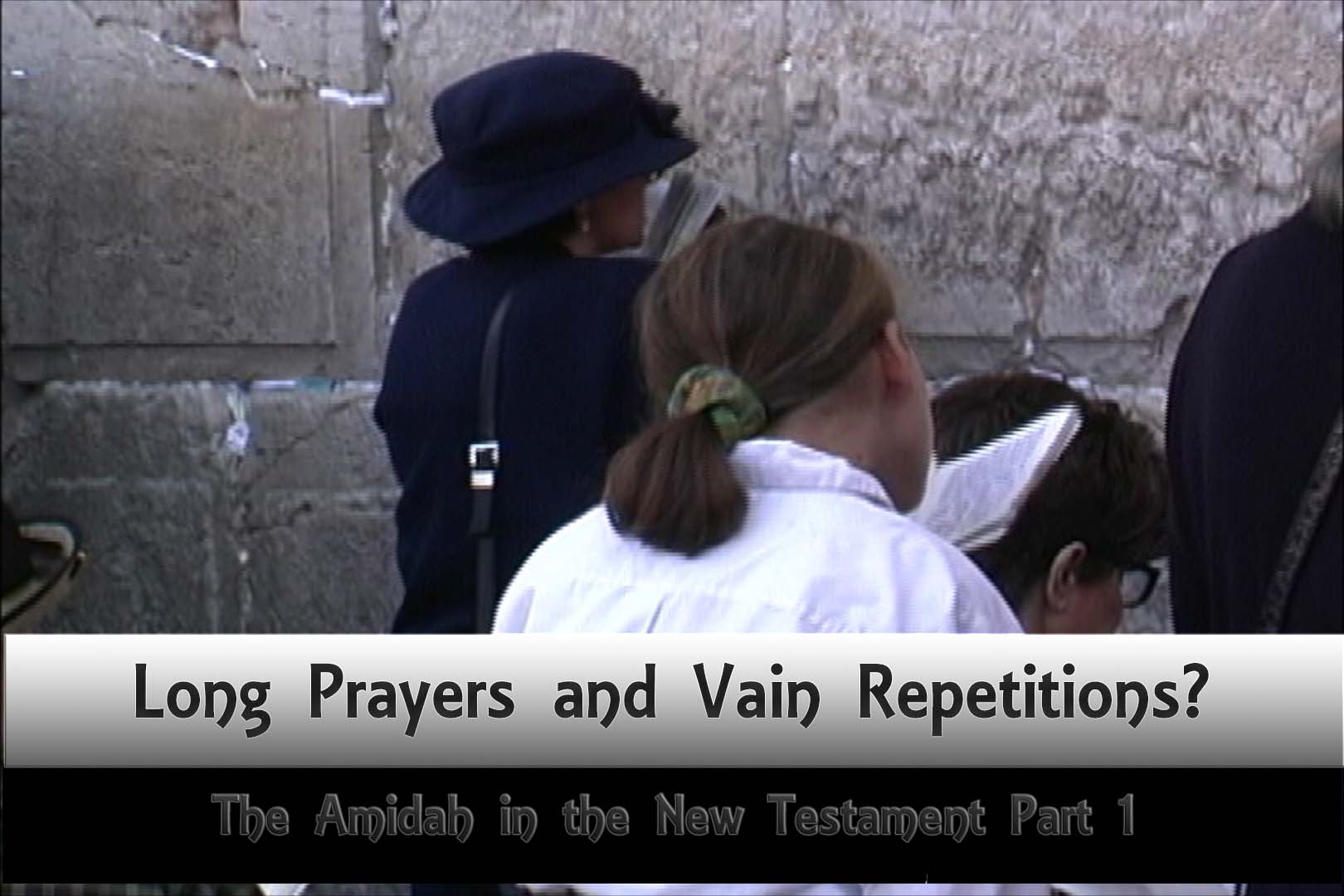


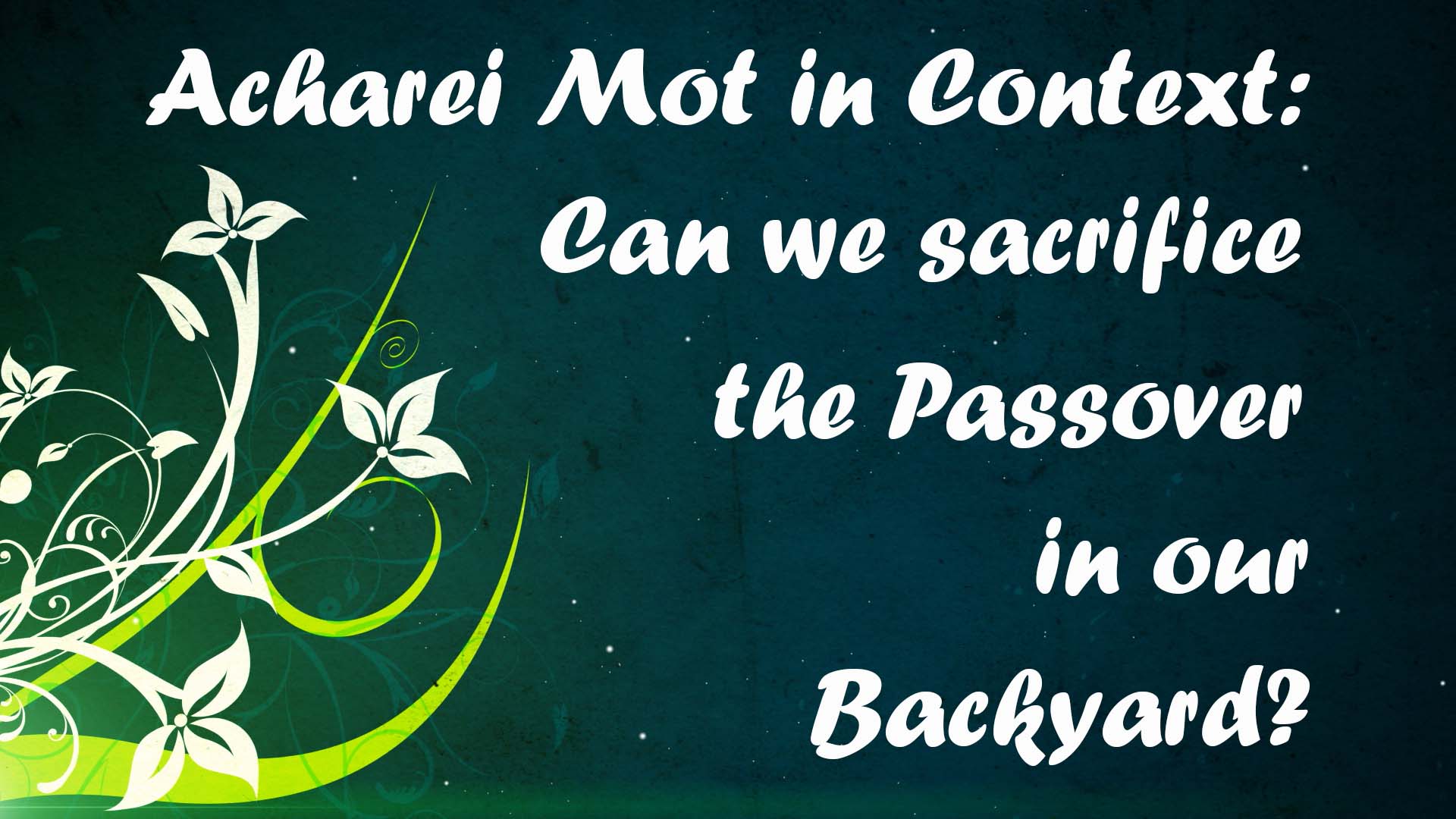

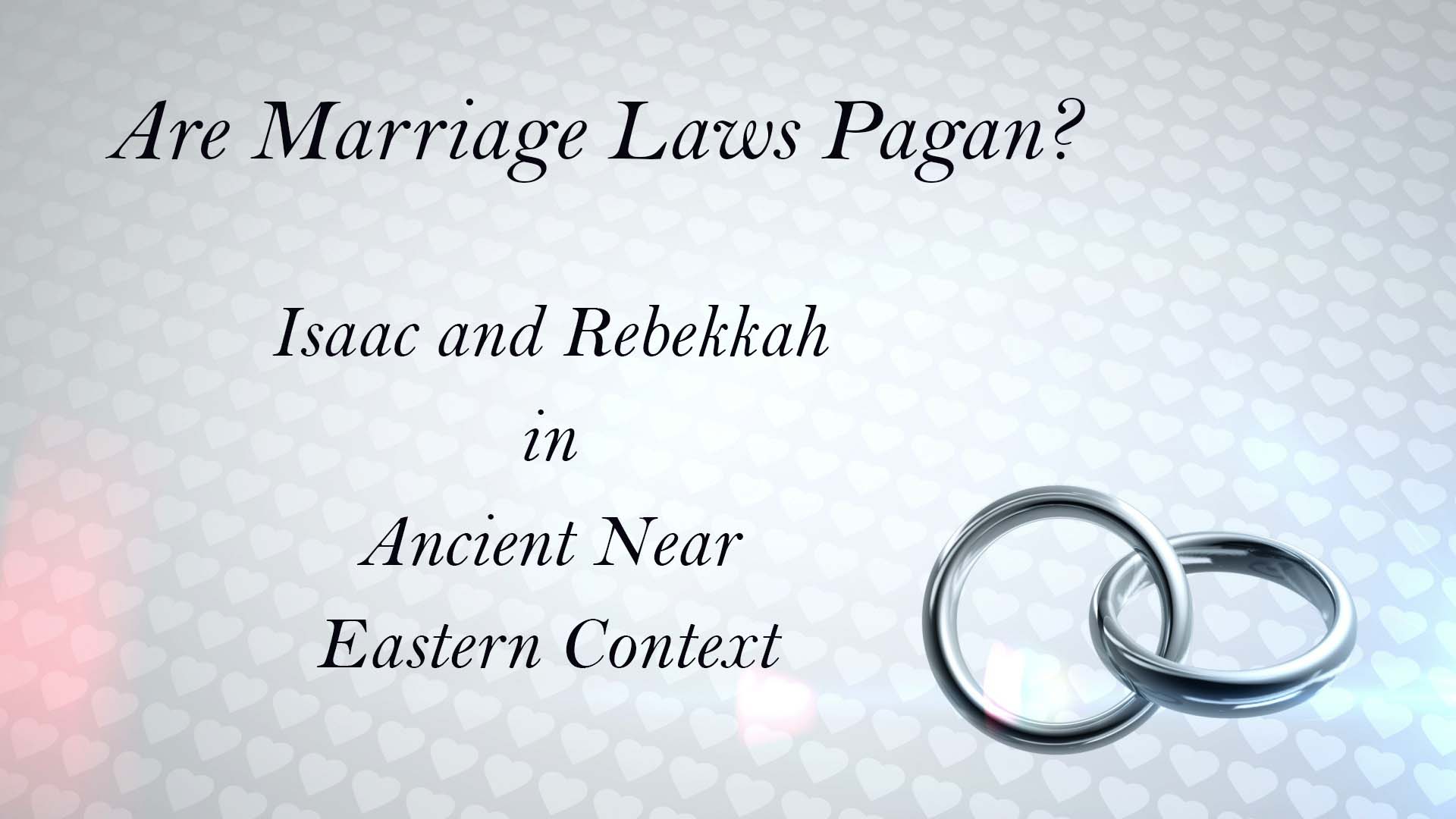
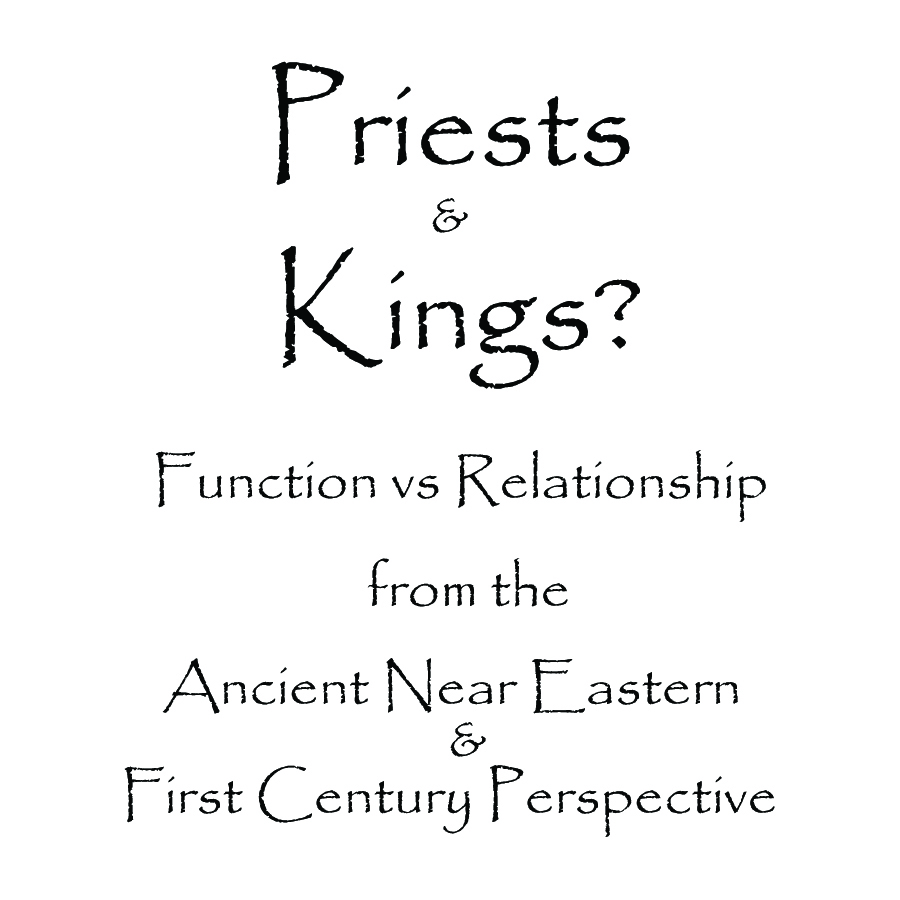














Thank you for this, the Lord’s prayer had been an issue with me for decades. You’ve shown me, in a couple of blogs that it isn’t what I’d been taught.
I’ve been saying the Amidah, ( working on it) for a little while and TLP is a way to go while I am at work. Shalom.
exactly, it’s a great way to acknowledge Him in the middle of the day when (here in exile) we don’t have the freedom to stop everything for 30 minutes 🙂
Thank you for sharing this incredible insight! Growing up Catholic and now following Torah, it’s been a struggle trying to understand how to do what YHWH commands us without being “vain and repetitious.” You’ve opened my eyes to a view I hadn’t even considered. Shalom! 😊
wonderful, you know – growing up Catholic, in some ways, gives you a leg up. Catholics were brought up with more of a sense of God’s majesty, while we Protestants grew up with far too much familiarity and feelings of intimacy. It’s a real struggle for balance!